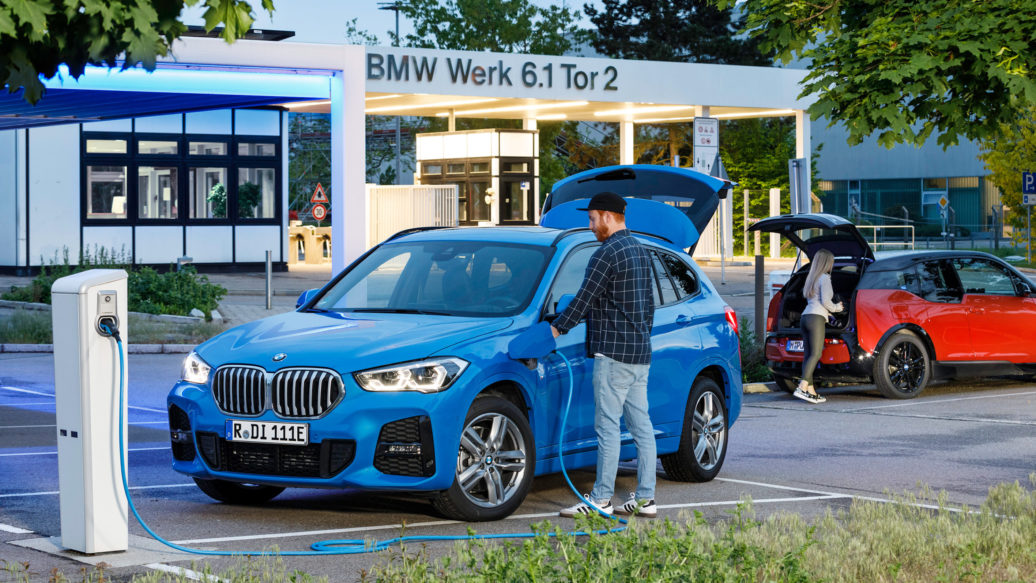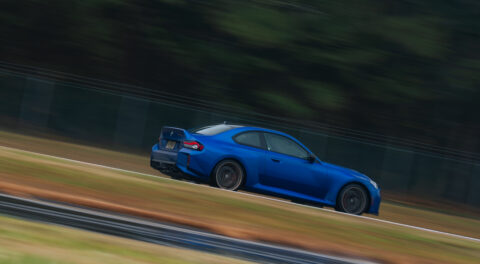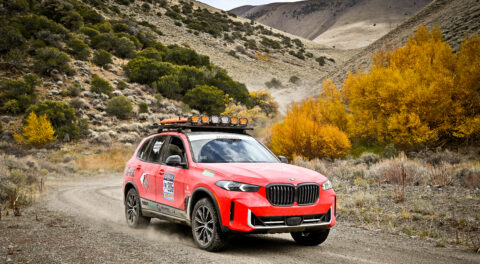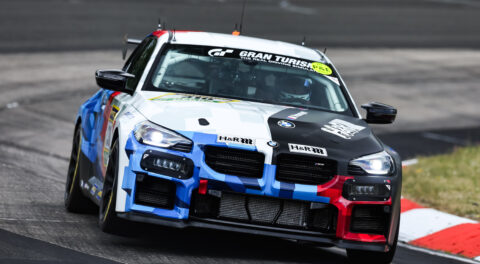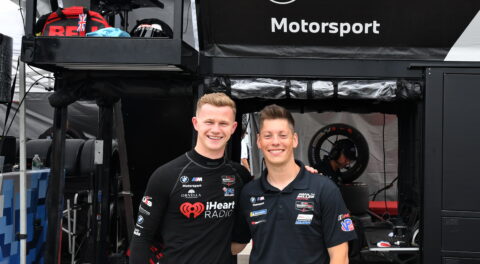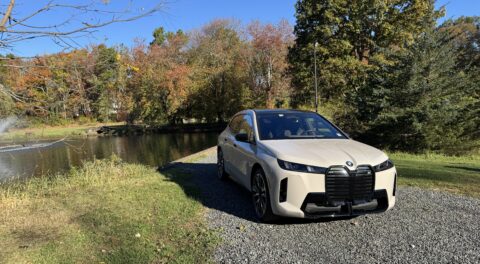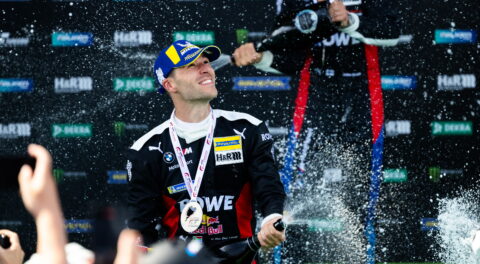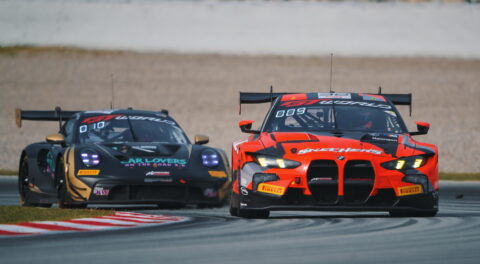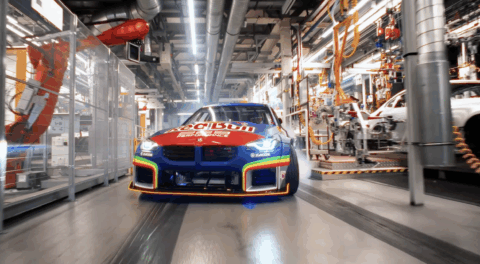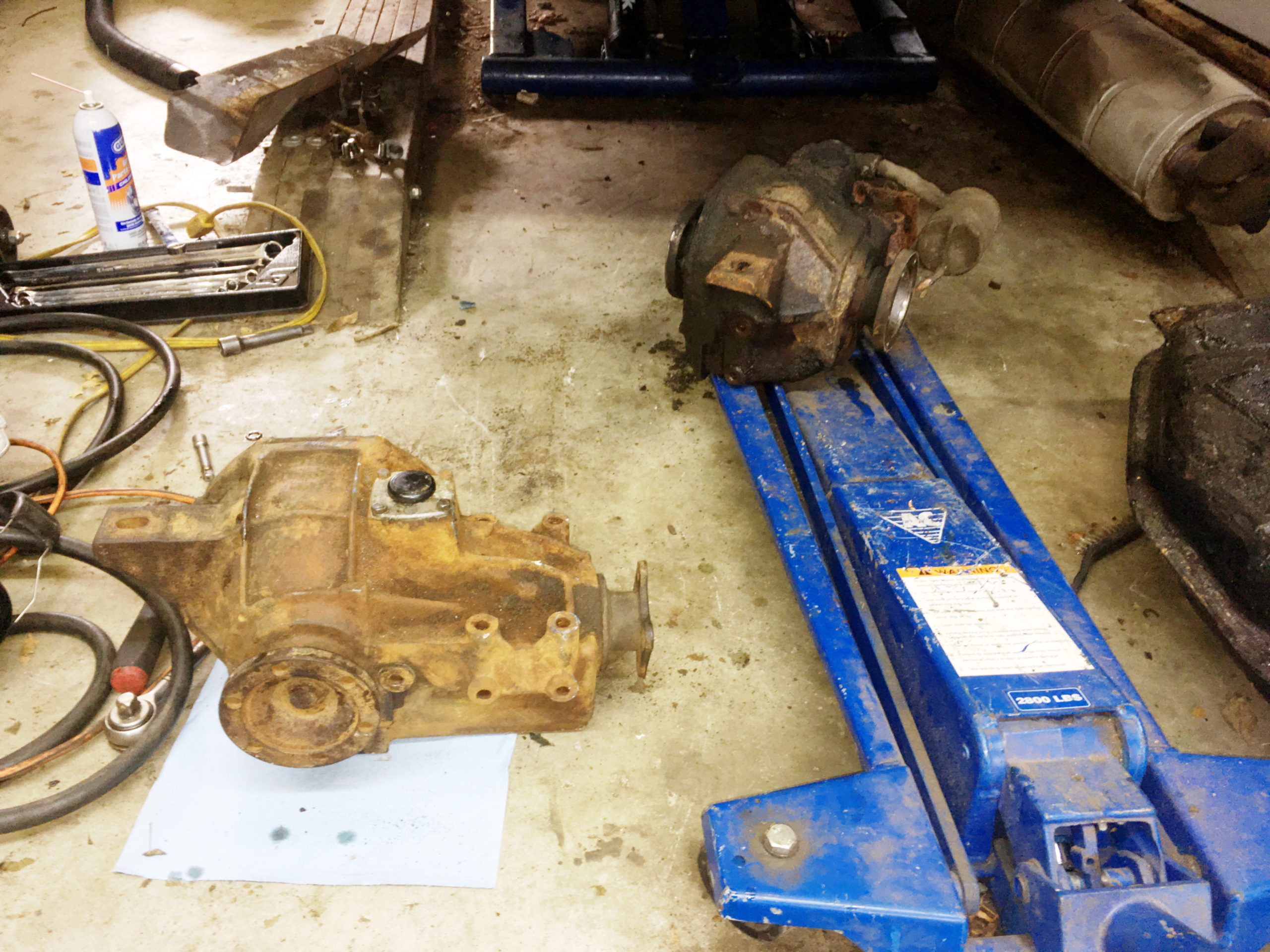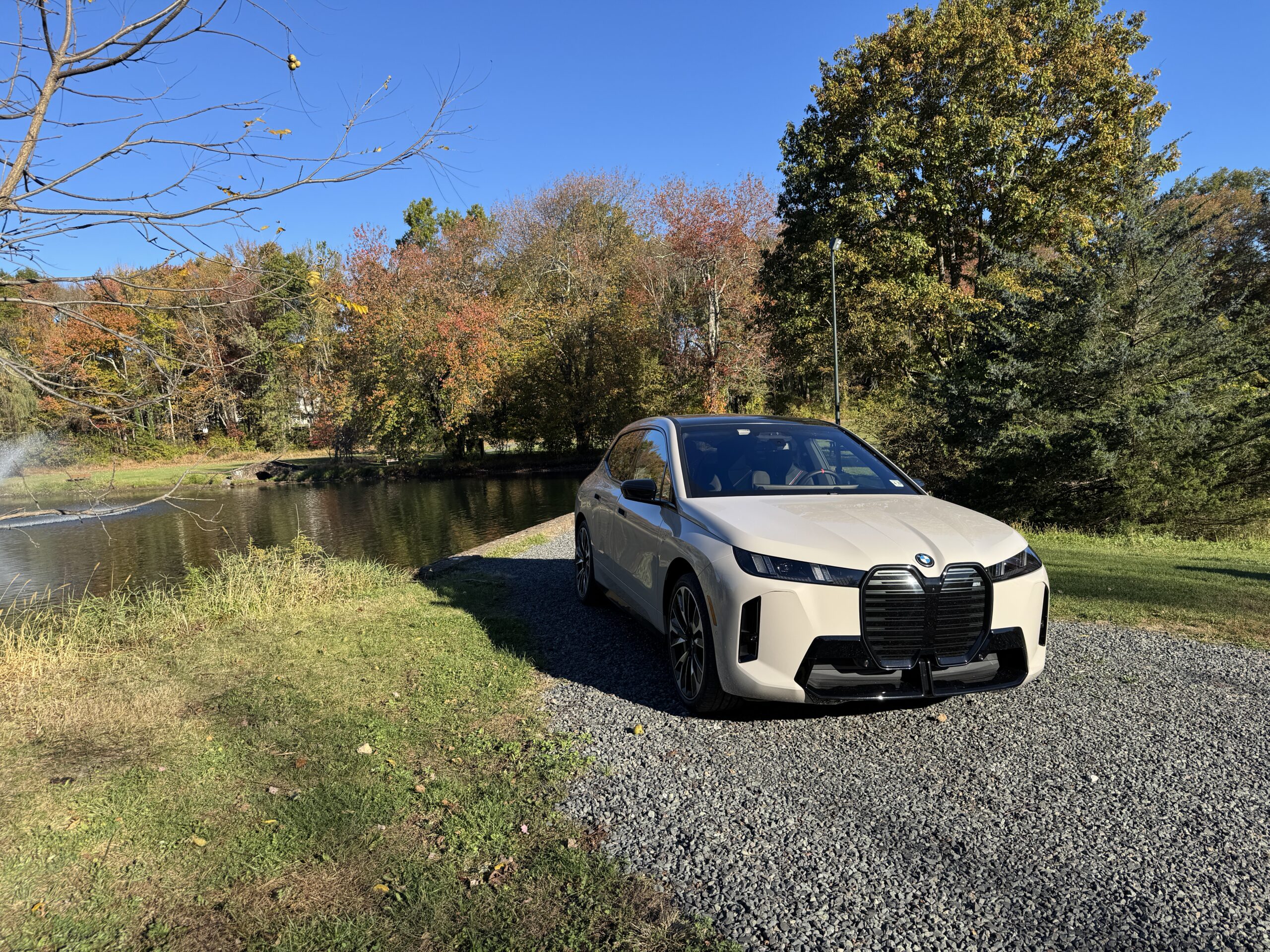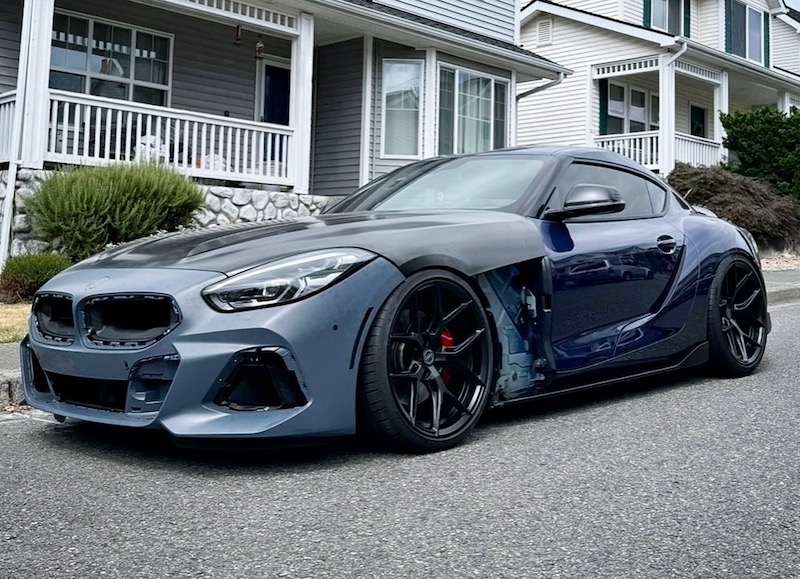BMW is continuing ahead with its transition to include electromobility as a core propulsion method as it progresses through its second century in existence as a company. The latest news in this department concerns BMW Group Plant Regensburg, where models such as the X1, X2, the current 1 Series, and convertible versions of the 4 Series and M4 are built. The production facility will benefit from investments totaling more than 150,000,000 euros by 2022, and is to focus on producing high-voltage batteries and associated componentry. Group Plant Regensburg joins the likes of Leipzig and Dingolfing which are the subject of similar retooling, improvement, and expansion, an extensive project for which BMW has allocated approximately 750,000,000 euros.
Like all ambitious projects, the transition at Group Plant Regensburg will happen in stages. This year, the facility began producing plug-in hybrid (PHEV) versions of the X1 and X2, while next year, the site will initiate the building of high-voltage battery components. By 2022, Group Plant Regensburg will be manufacturing complete high-voltage batteries. Getting more specific, battery cells—which BMW sources from external suppliers with optimal individual designs selected different models—will be thermally coated onsite beginning next year, while the batteries themselves (which end up in battery modules) are scheduled to follow in 2022.
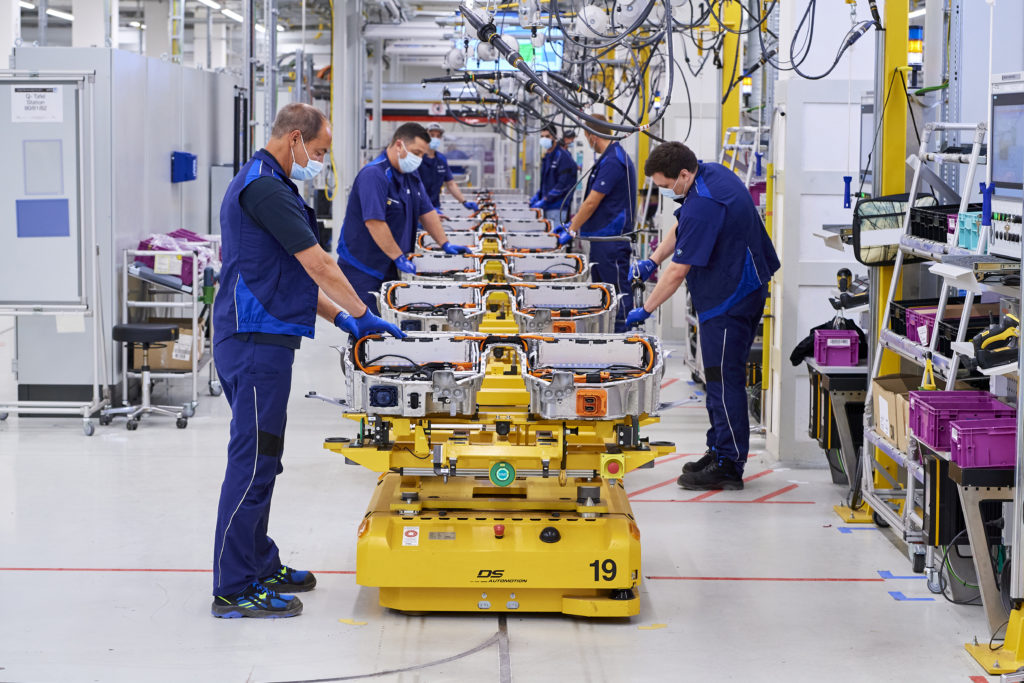
The expansion is also forecasted to create demand for additional personnel at Group Plant Regensburg. Frank Bachmann, Director of BMW Group Plant Regensburg, summarized the investment by saying, “From 2021, BMW Group Plant Regensburg will not just produce electrified vehicles, but also e-drive components. We are investing over 150,000,000 euros by 2022 in high-voltage battery production as well as the necessary components. A total of at least 300 future-proof jobs will be created in this new area of production until 2024.”
BMW says the production process for high-voltage batteries is highly automated. Individual battery cell designs are chosen based on their ability to serve a specific vehicle concept, and are procured from select partners which produce them to precise specifications dictated by BMW. The manufacturing process for lithium batteries involves plasma cleaning, which is followed by the application of an insulating coating to promote optimal thermal qualities. These cells are subsequently combined and assembled into containers which are referred to as battery modules. The modules are then fitted to aluminum casings which vary in terms of shape and size, because they’re a core structural component of BMW’s current CLAR and UKL modular vehicle architectures. These casings contain many of the connections and cooling components which support the batteries during operation.
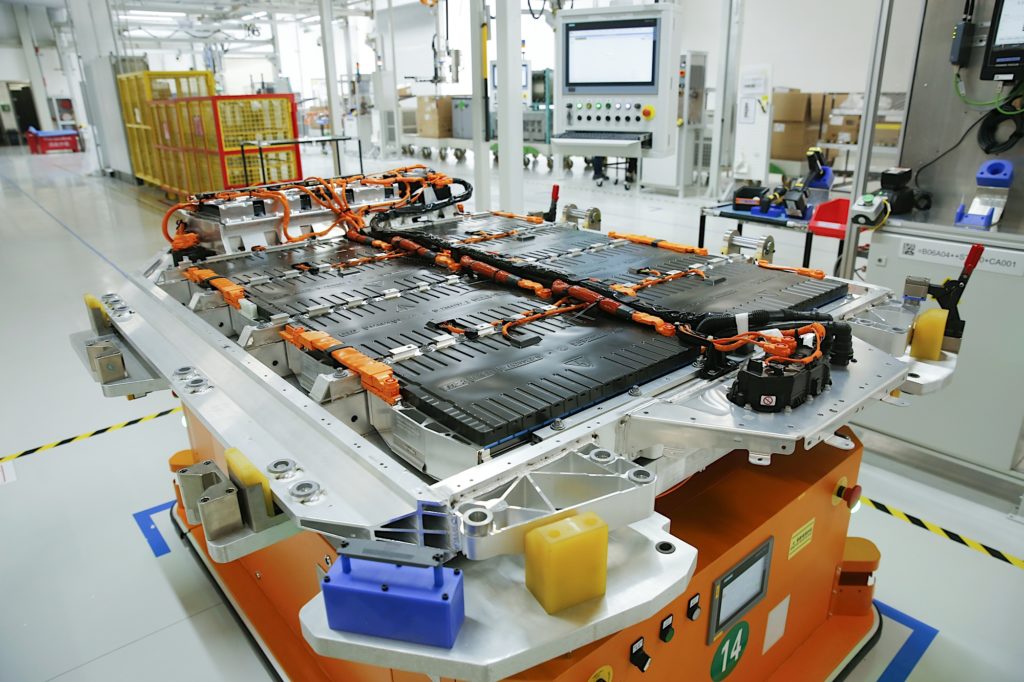
The benefits yielded by component standardization across the fleet are exceptional, and BMW effectively balances brand priorities such as performance and efficiency by using specific cell designs with particular models. At the same time, the automaker is able to realize substantial economies of scale thanks to modular—yet highly customizable—platform sharing. The cost savings aren’t exclusive to battery-powered or hybrid vehicles either, as the modular CLAR and UKL platforms also underpin internal combustion-motivated cars which rely on either gasoline or diesel. The production strategy results in BMW being able to respond to customer demand and market realities which may come to fruition in any number of forms.
The investments directed towards the German plants including Leipzig, Dingolfing, and now Regensburg translate to BMW bringing its battery production focus to its home country. Currently, high-voltage batteries for BMWs are produced at in-house facilities located in Dingolfing, Germany, Spartanburg, South Carolina, and Shenyang, China; once the latest expansions are complete, BMW will be producing eDrive components at seven locations, with four of them located within Germany, including Landshut, which produces electric engines, and the Munich-based Competence Center, which is slated to do the same.—Alex Tock
[Photos courtesy BMW AG.]

